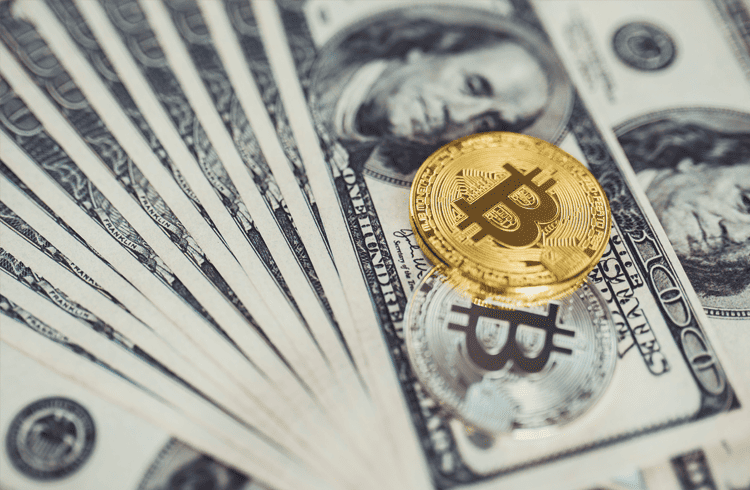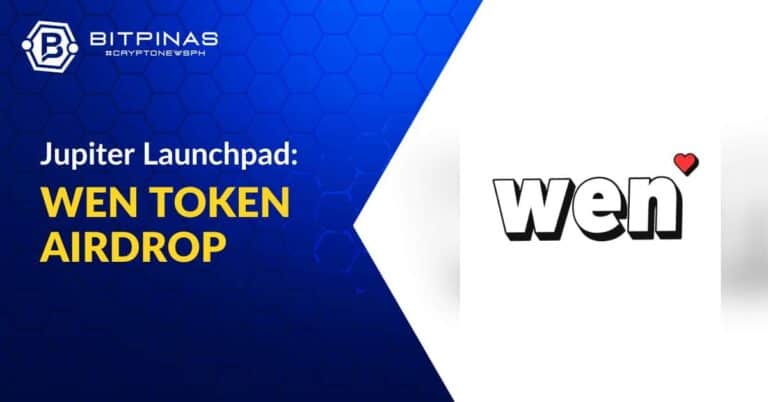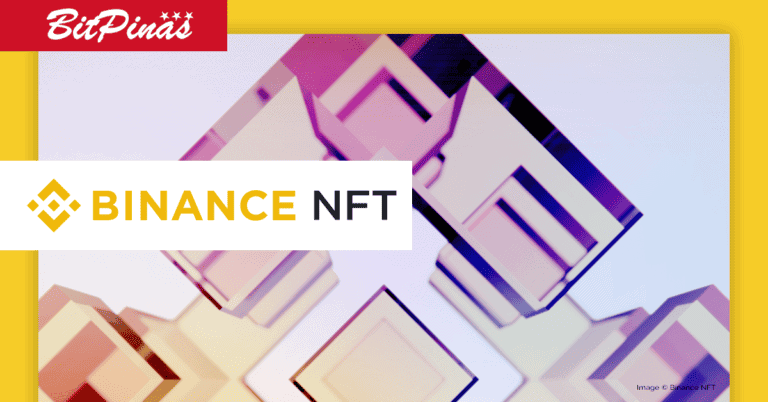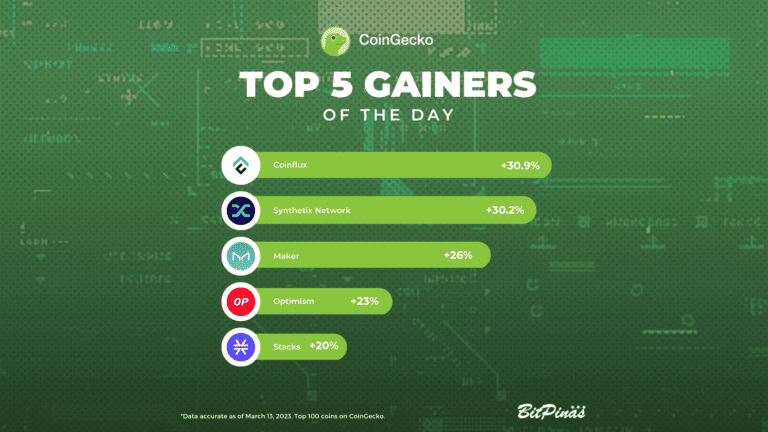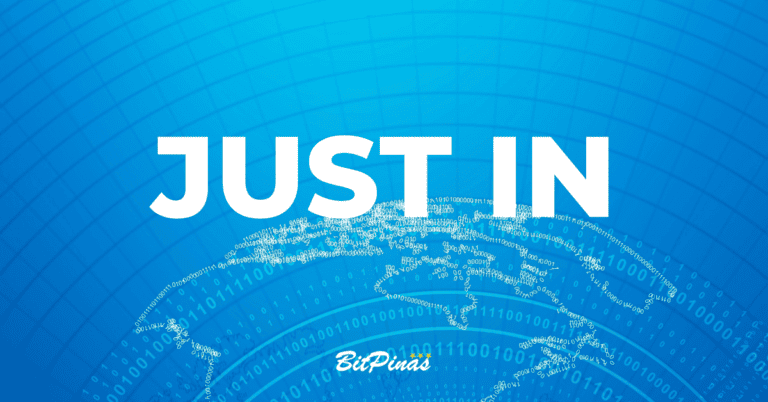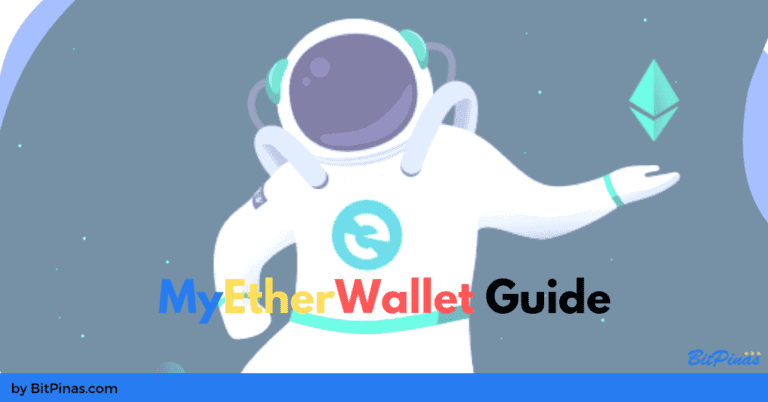Bitcoin Wallet Philippines – How and Where to Store Your Bitcoins in PH
It is important to keep your bitcoins safe. Just like you do with your Pesos, store them in a wallet. Here is an extensive guide about Bitcoin Wallets and how to keep your bitcoins safe.
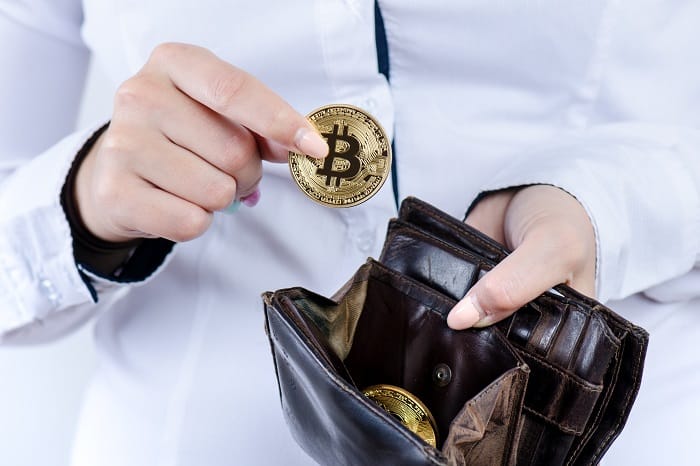
When you buy bitcoin in the Philippines, it is important to also know where you are going to store these coins. You can, of course, let it stay on Coins or Bitbit, and many people do just that. But wait, Bitcoin wallets? For beginners, storing bitcoins to a wallet might seem hard to visualize. But knowing what Bitcoin wallets are can make a difference between keeping your bitcoins safe and losing them all.
Why is it important that you keep your own bitcoin wallet? Furthermore, why is it recommended that you don’t keep your coins in exchanges but rather have them safely tucked in your wallet? Lastly, what are the options for Bitcoin Wallets in the Philippines? Let us answer the questions one by one.
I’m not trying to scare you. To start off, let’s check out what wallets are in the world of Cryptocurrency. (Note: This post is generally about bitcoin wallets. Click here if you want to read about cryptocurrency wallets)
What is a bitcoin wallet?
You keep your cash in your wallet. Or maybe you keep money in your bank account. Your bitcoins, on the other hand, are saved in your bitcoin wallet.
That’s the simplest way to explain these digital wallets. Technically, however, your bitcoins are not really stored in the wallet. Before you freak out, it is important to first understand how bitcoin transactions work.
Private and Public Addresses
In the world of cryptocurrency, your coins are protected with your private address (or private keys) and public address (or public keys).
Let’s say I will give you some bitcoins, you need to give me the public address (or public key) where I can send it. Next – since all transactions on the Bitcoin network can be viewed in the blockchain, anyone who knows your Public Key knows how much coins you have at that address. This is one key element of cryptocurrency – all transactions are transparent.
All right, before you get scared of the notion that people can know how much you have, you have to remember the second important element of cryptocurrency – privacy. Unless you explicitly mentioned it to people, no one will know who owns that Public Key. Moreover, and this is important – no one can access that Public Key unless they have the Private Key, which only you can (and must) know.
TLDR: You need the private address to access the public address. A good bitcoin wallet lets you secure your public and private address.
- Before anything else, never ever tell anyone your private address! Whether you send or receive bitcoins, the other party only needs to know the public address!
Let’s sum up everything so far:
- If you want someone to pay you using bitcoin, you give them your public bitcoin wallet address.
- For you to open the wallet, you need the private key.
- You should be the only one who knows your private key
Technically, your bitcoin is still part of the blockchain. You own bitcoin in your public address. However, no one can access that without the private key, which your wallet has.
Types of Bitcoin Wallets
There are many types of bitcoin wallets, all depending on ease of use and security. There are desktop wallets, mobile wallets, hardware wallets, and even online wallets. Some wallets can also be an online and a mobile wallet. Lastly, there are even paper wallets, which we will discuss later. I will mention the types here and explain each as simple as possible.
Online Wallets (Browser Wallet)
Online Wallets are wallets you can access on a web browser. More often than not, they also have a mobile app. They give you your Public Key and most of the time, your Private Key. (Note: For Online Wallets other than bitcoin, click here).
Coins.ph and Bitbit.cash
Coins.ph and Bitbit.cash are examples of Online Wallets. They give you access to your public key but not your private key. These sites opted to keep the private address, in theory, to also protect you. Also, Coins.ph and Bitbit give you the convenience of allowing you to use the platform to do other things, such as buy mobile load, send money, and pay your bills. While you can’t fund these wallets with your credit card, funding them can be simple. Please check out the following articles:
Should I keep my bitcoins at Coins.ph and Bitbit.cash?
Now that we know more about Bitcoins, the idea of privacy and transparency in the blockchain, you’ll ask – is it okay to keep my bitcoins at sites where I don’t have access to my private keys?
The correct answer is yes and no. We recommend* keeping only a portion of your bitcoins at Coins.ph and Bitbit.cash. Use another wallet which gives you access to your private keys (and only you alone, not even the wallet’s company can know those private keys). While the 2 sites can be used a bitcoin wallet, they are still technically exchanges where you can buy and sell bitcoin. Thus, they are a target of hackers and individuals who want to gain access to bitcoins. Remember what I said earlier? No one can get the bitcoin in your Public Key unless they know your Private Key.
*Note that even Coins.ph recommends having multiple wallets.
Online Wallets Overall
Most online wallets in the Philippines and abroad almost have the same features. Most of these wallets will keep your private keys (that you used to access your bitcoins, I have to reiterate that), which you can then access anywhere you go. If there’s one disadvantage for many of them, it’s the very fact that they have your private keys. In the event that the online wallet company gets hacked, all those private keys will be in the hands of others. You need to keep this in mind, especially if you have a lot of bitcoins already.
Examples of Online Wallet Services
Below is a list of popular online wallets and other things you can do with them.
- Coins.ph – allows you to buy, convert, sell bitcoins, load your mobile phone, pay bills.
- Bitbit.cash – allows you to buy, convert, sell bitcoins, load your mobile phone, pay bills.
- Coinbase– store your bitcoins. (There is option to buy bitcoins but that is not yet available in the Philippines)
- Blockchain – send and store your bitcoins. You have access to your private keys
Desktop Wallets
Simply put, these are bitcoin wallets that you install on your desktop. There are many of these and they also have a variety of features. Most importantly, the original bitcoin client called the Bitcoin Core is also a wallet, allowing you to send and receive bitcoins from other addresses. Most of the time, your private keys are also with you. (Note: Click here for Desktop Wallets for coins other than bitcoin).
Examples of Desktop Wallets
- Exodus
- Electrum
- Jaxx
- Armory
Mobile Wallets
Simply put, these are bitcoin wallets that rest on your smartphone. You cannot take your desktop wallet anywhere. However, when you go to a store that accepts bitcoin, the mobile bitcoin wallet will be very convenient. Granted, not a lot of brick and mortar establishments accepts bitcoin in the Philippines. Still, a simple bitcoin exchange negotiation between two people on a meetup, or a verification that your coins are now in your mobile wallet (after you send them from another bitcoin site) is enough to consider the benefits of having a mobile bitcoin wallet.
Example of Mobile Bitcoin Wallets
- Mycelium
- Xapo
- Blockchain
- Airbitz
- Coinomi
- Uberpay Wallet
Hardware Wallets
Hardware wallets are special wallets that secure a person’s bitcoin private keys on a small hardware device. This means your private keys won’t be stored anywhere on the Internet (will only be connected during bitcoin transactions). Since this is a special hardware, they are said to be immune to viruses that attack desktops and mobile applications all the time. Examples of which are the Trezor Hardware wallet, Bitlox wallet, and a Ledger USB wallet. (Note: For general hardware wallets for altcoins, click here).
Paper Wallet
The cheapest way to protect your bitcoins is by using a paper wallet, which is a type of cold storage wallets. Using services such as this, it will generate your own private and public bitcoin addresses. The best thing about Paper Wallets, apart from being cheap, is the fact that it pulls your private key offline. In this way, you are the only one who has it and you will not be victim to computer or website failures.
In this article, we have just discussed the types of bitcoin wallets that you can use. However, with so many options, which one is the best? More importantly, which one is best for users in the Philippines?
The Best Bitcoin Wallet for Filipinos
To be honest, this is a question that depends on you, the bitcoin holder. It depends on what kind of security you want and up to how much risk you are comfortable with. Normally, people will keep their bitcoins on mobile wallets until it reaches a certain worth, and then transfer it to a more secure wallet.
Risk Assessment
Below are some questions I formulated in order for you to decide what bitcoin wallets to use:
- Knowing that keeping bitcoins in online wallets means they have your private keys, up to how much bitcoin are you comfortable leaving at these online wallets?
- How much bitcoins do you think you are willing to leave in Exchanges before you transfer them to a bitcoin paper wallet or a hardware wallet?
This will entirely depend on you. Others keep their bitcoins out online once they reach 100 dollars worth (Php 5,000.00 roughly). Others will leave their bitcoins amounting up to millions in online wallets because it does not really dent on their income. Depending on how much risk you are comfortable, decide when is the best time to put your bitcoins into a wallet where you own the private key.
Best Practices with Bitcoin Wallets
While you are still deciding on what wallets to use to store your bitcoins, here are some best practices that you should definitely consider.
- Never store big amounts of Bitcoin in an online wallet where you don’t have access to your private keys.
- Never put all your bitcoins in one Public Address.
- Set an amount that, when reached, you will move your bitcoins from an online wallet (or exchange) to a wallet that:
- A mobile wallet where only you have access to your private keys
- A Paper Wallet where your private keys are offline
- A special hardware wallet that puts your keys offline and entirely difficult to breach even when connected to the Internet.
Overall
We hope you learned a lot in our discussion about Bitcoin Wallets. In the Philippines, it is fairly easy to buy and sell bitcoins, but storing them? You must take the extra step to secure your bitcoins safely.
What about you? Where do you store your Bitcoins? Do you use any of the wallets above? Let us know in the comments below!
